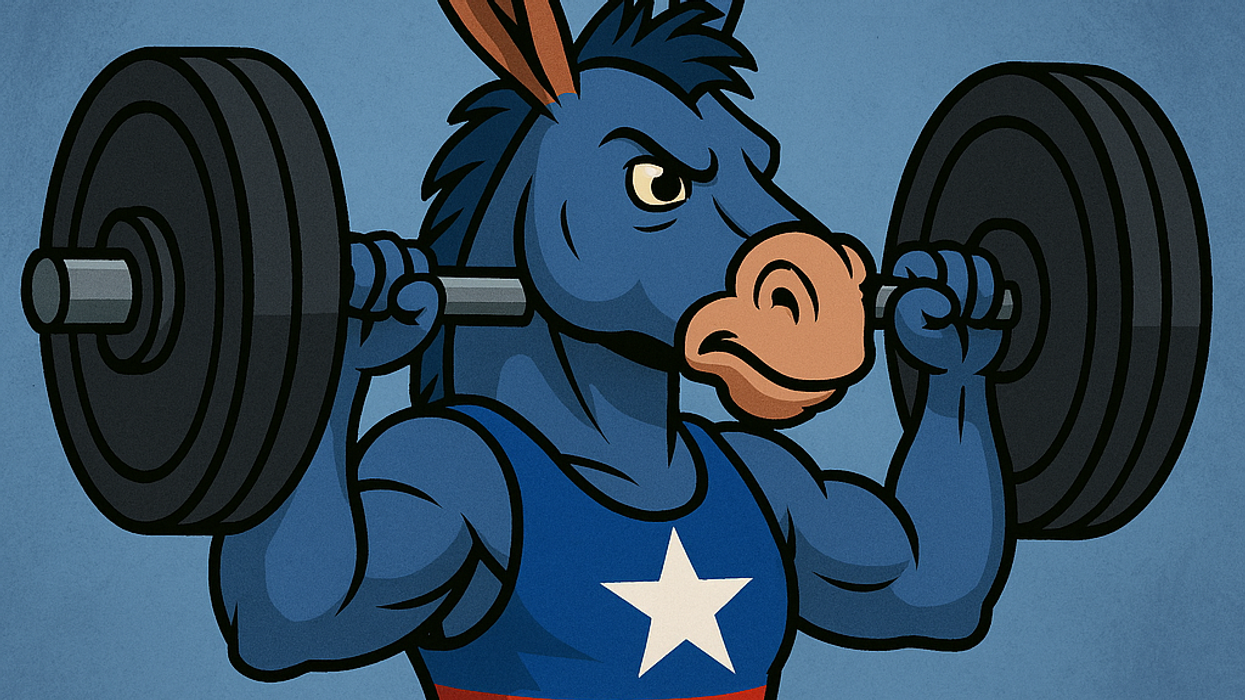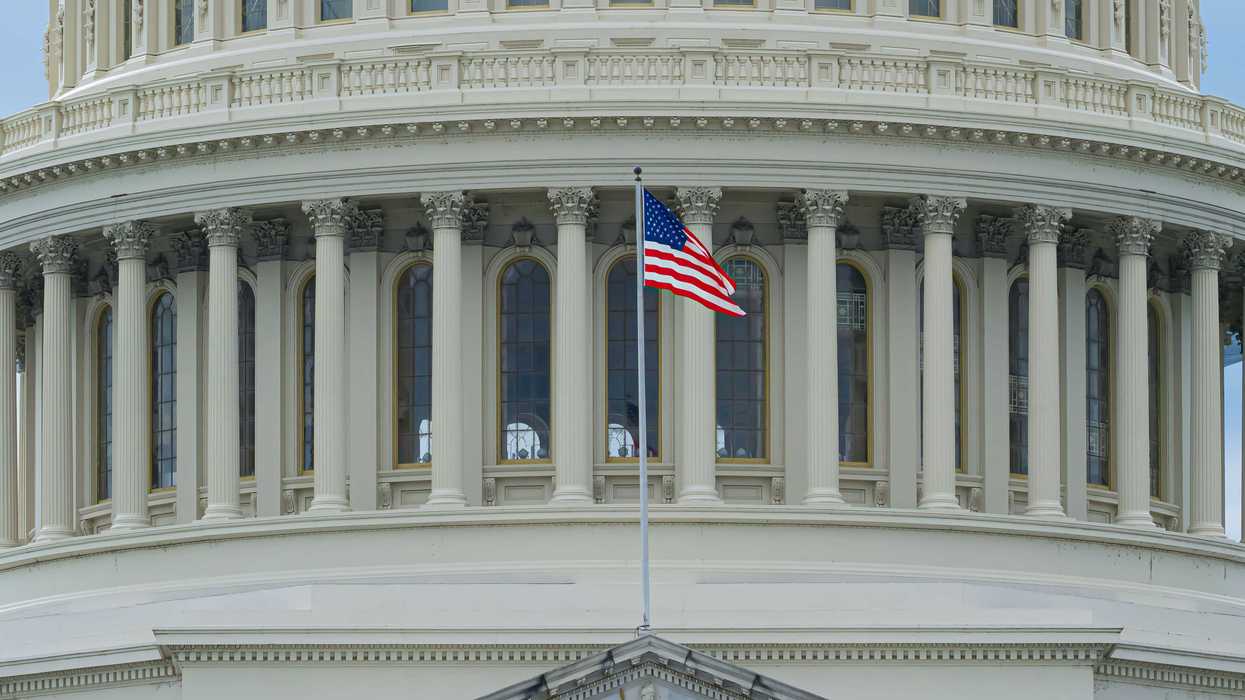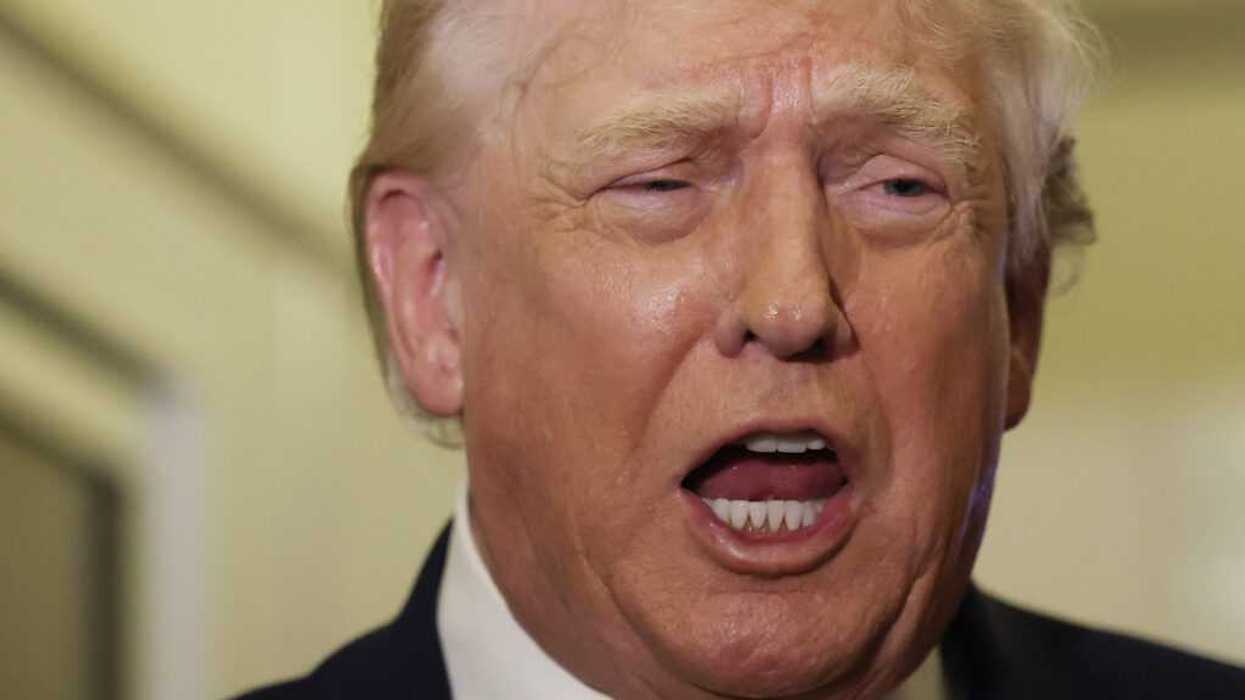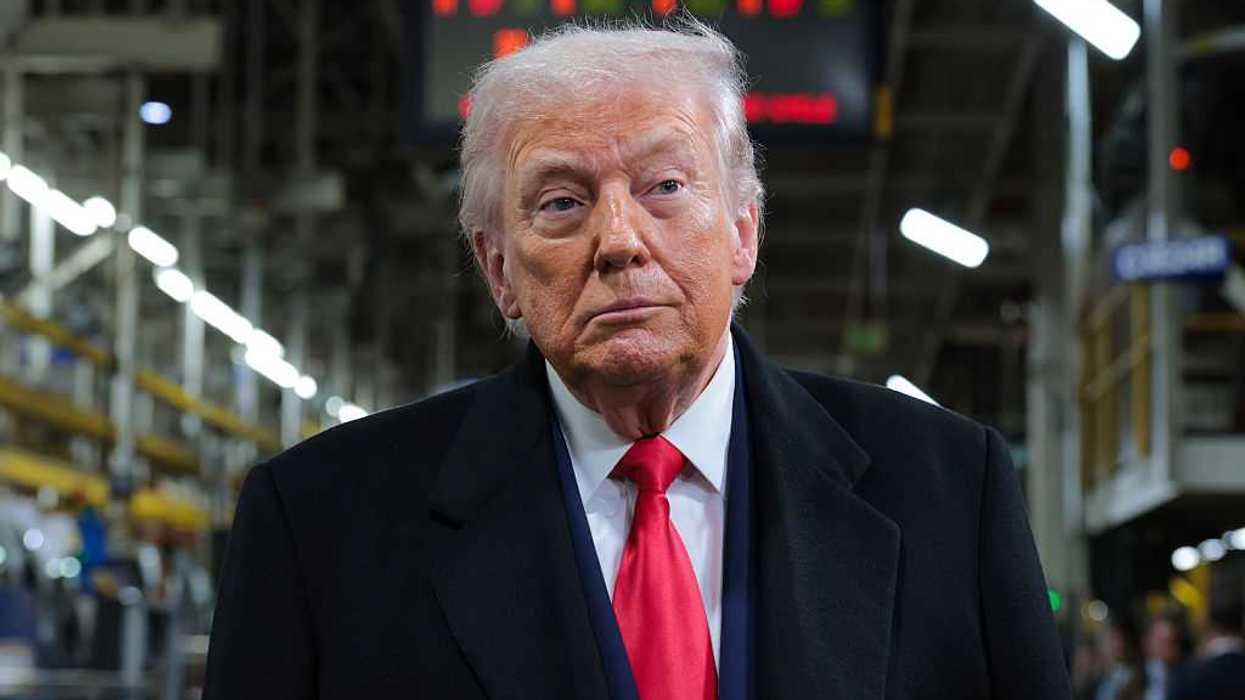As the 2026 midterms loom, a simmering debate within Democratic circles has reached a boiling point: Should the party abandon the moral high ground and play political hardball?
In recent years, Democrats have leaned heavily on the ethos of civility and hope—famously embodied by Michelle Obama’s 2016 rallying cry, “When they go low, we go high.” But with the GOP embracing increasingly combative rhetoric and tactics, some strategists argue it’s time for Democrats to recalibrate their messaging—and their muscle.
The former First Lady’s husband agrees. At a July fundraiser, former President Barack Obama didn’t mince words. “It’s going to require a little bit less navel-gazing and a little less whining and being in fetal positions,” he told attendees. “And it’s going to require Democrats to just toughen up.” His remarks drew enthusiastic applause—but also underscored growing impatience with the party’s internal hesitations.
Obama elaborated, challenging disengaged voters and party members alike: “Don’t tell me you’re a Democrat, but you’re kind of disappointed right now, so you’re not doing anything. No, now is exactly the time that you get in there and do something.”
While many voters admire Democrats’ emphasis on integrity, others worry it’s come at a cost. Polling from earlier this year shows a growing perception of the party as “too cautious” or “out of touch” with cultural and economic frustrations. This vulnerability is particularly acute among working-class voters who feel overlooked.
Strategists believe that if Democrats continue to avoid bold confrontation, they risk ceding ground not just politically, but psychologically—where grit and conviction win hearts as well as votes.
According to a recent Wall Street Journal poll, 63% of voters now hold an unfavorable view of the party, marking the lowest approval rating since 1990.
The poll paints a stark picture:
- Only 33% of voters view Democrats favorably, with just 8% expressing a “very favorable” opinion.
- Democrats are now viewed less favorably than both President Donald Trump and the Republican Party, despite their own poor ratings.
- Voters increasingly describe the party as “weak,” “out of touch,” and lacking a clear economic message.
Political strategist Susan Estrich echoed Obama’s sentiment. In a recent column she wrote, “It’s going to require Democrats to just toughen up… I’ve been surprised by how many people seem cowed and intimidated, shrinking away from asserting what they believe.”
In his book, Comeback, M. Steven Fish critiques the left’s approach to political communication arguing liberals and their leaders need to renew their commitment to what he calls “the politics of dominance.”
Voters “want to be on the winning team,” Fish writes. “They favor leaders who project indomitability rather than vulnerability. They admire and trust leaders with stiff spines and strong principles.”
However, Mark Elias, founder of Democracy Docket has an optimistic outlook. He said “Democrats have a real opportunity to retake the House and Senate in 2026.”
In a recent column he writes that “History is on the Democrats’ side. Since Trump entered the political scene, Democrats have outperformed in midterm elections. In 2018, they took control of the House — gaining 40 seats — while sharply limiting losses in the Senate. In 2022, they defied expectations by gaining a Senate seat and minimizing House losses.”
Democrats face a double bind: too tough, and they risk alienating moderates; too soft, and they lose their base’s respect. The challenge in 2026 may be finding a tonal middle ground—forceful but fair, passionate but principled.
As the fight for the soul of American democracy continues, Democrats must decide whether “going high” still resonates—or whether, in an age of escalating political warfare, it’s time to stand tall and swing back.
Hugo Balta is the executive editor of the Fulcrum, and the publisher of the Latino News Network.
SUGGESTION: Poll: Democrats In Crisis Amid Shifting Voter Sentiment
 democrat donkey Getty Images
democrat donkey Getty Images




















